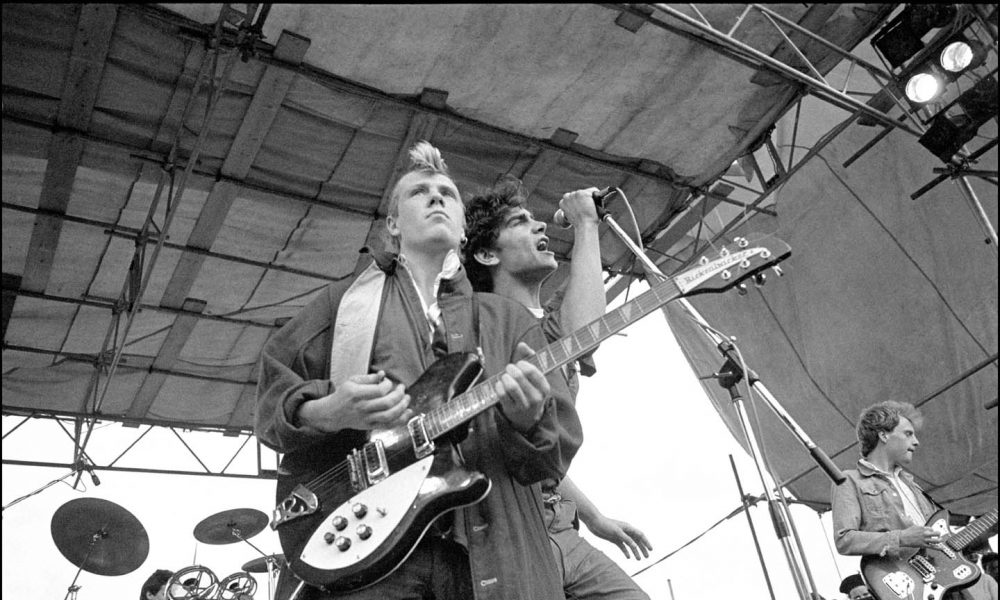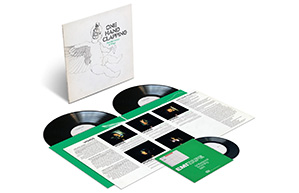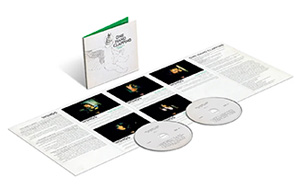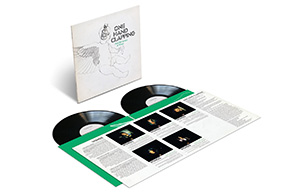John Waddington, The Pop Group Guitarist, Dies Aged 63
The Bristol-born guitarist also played with artists such as Maximum Joy, Judy Nylon and Lily Allen.

John Waddington, the founding guitarist of UK post-punk band The Pop Group, died on Tuesday, June 20. He was 63.
The band announced Waddington’s death Wednesday on Twitter, though a cause of death has not as yet been revealed.
“An influential musician, and an integral member of the group, John contributed to some of the band’s most iconic recordings,” the band tweeted. “His energy and friendship will be sorely missed, and his unforgettable musicianship will always be remembered,” they added.
Waddington’s death comes just two months after The Pop Group’s frontman Mark Stewart passed away on April 21 this year.
Born on January 1, 1960, John Waddington was 17 when he started his first band, serving as vocalist, guitarist, and principal songwriter for the punk group The Boyfriends. The band was short-lived and he went on to co-found influential Bristol outfit, The Pop Group in 1977, serving as one of their guitarists, along with Gareth Sager.
Waddington played on the band’s landmark debut single, “She Is Beyond Good And Evil”, released by Radar Records – the label that also signed Elvis Costello and Nick Lowe – in early 1979. He also played on their first two albums, Y, and How Much Longer Must We Tolerate Mass Murder? Produced by reggae musician and producer, Dennis ‘Blackbeard’ Bovell, Y was inspired by the energy of punk but also drew upon funk, dub reggae and a litany of experimental, left-field influences, with Fact magazine characterizing the album’s sound as a “delirial montage of funk, free jazz, Jamaican audio-mancy and the avant-garde.”
The album has had a lasting impact, with artists such as the Minutemen, Primal Scream, Sonic Youth and Nick Cave citing the record as an influence on their work. Minutemen and The Stooges bassist Mike Watt later told Louder Than War “The Pop Group said ‘let’s take Funkadelic and put it with Captain Beefheart.’ Why not?”
The band then left Radar Records and joined Rough Trade began with for their much-lauded anti-capitalist single “We Are All Prostitutes.” This was followed by the release of their second album, 1980’s For How Much Longer Do We Tolerate Mass Murder? Shortly afterwards the Pop Group released a split single, “Where There’s a Will…”, with The Slits, a band with whom they shared a drummer (Bruce Smith) and manager Dick O’Dell. The band’s last live performance was in 1980 to a crowd of 500,000 people at Trafalgar Square as part of the Campaign for Nuclear Disarmament protest. They split in 1981 due to a variety of internal disagreements.
Mark Stewart, Gareth Sager and Bruce Smith reformed The Pop Group in 2010, but John Waddington was not involved.
After he left The Pop Group, Waddington joined another lauded left-field Bristol post-punk outfit, Maximum Joy, for their debut album Station MXJY and the guitarist continued to make memorable appearances on records by Judy Nylon and by On-U Sound Records-affiliated projects including New Age Steppers and African Head Charge. His last-known performance credit is believed to be on Lily Allen’s 2006 album, Alright, Still.










